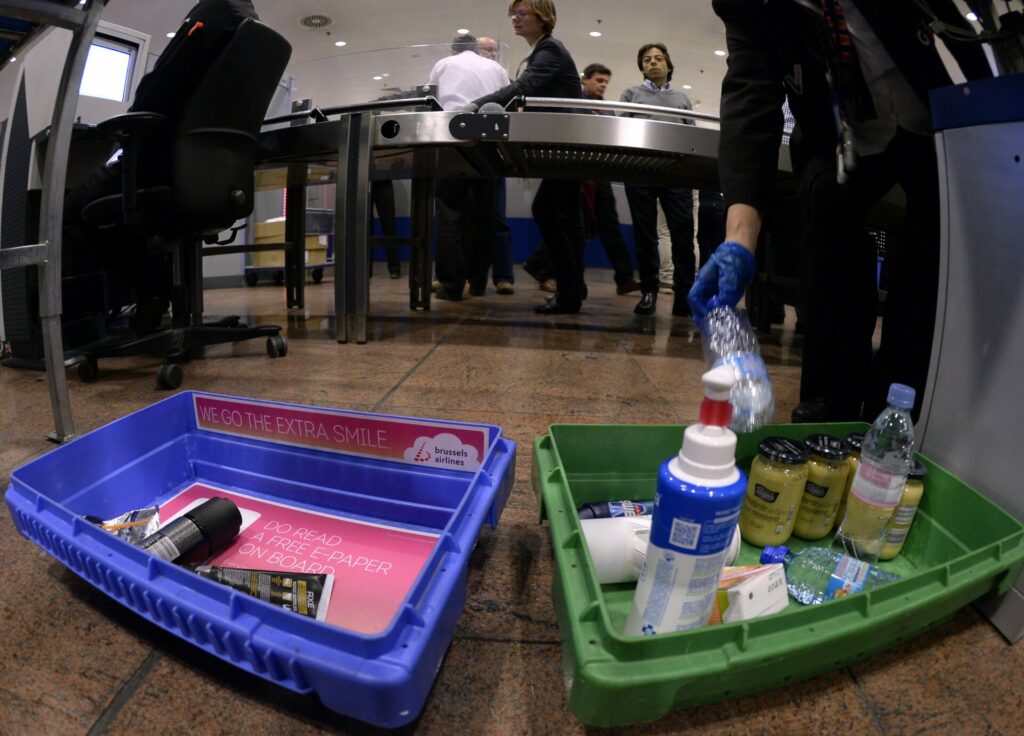The use of 3D scanners at airports could again allow vials of more than 100 millilitres to be carried in cabin baggage when passing through security. By 2024, the United Kingdom could take this step, which would reduce the plastic waste generated by this measure.
Following an attempt to blow up a flight with a device made with potentially dangerous liquids, a limit of 100 millilitres was imposed in November 2006 for all hand luggage checked at the airport.
This measure led to a rise in the use of plastic containers, not only the small bottles for carrying liquids, but also the transparent plastic bags, with a maximum capacity of one litre, where the bottles had to be kept. The call for a repeal of this measure has been sounding for some time.
"As early as 2007, the European Parliament called on the European Commission to repeal the ban as soon as possible without endangering the safety of passengers," the European institution said in a statement published by RTBF.
"At the end of April 2011, European states were supposed to relax the measures by authorising the transport of liquids purchased in duty-free in third countries. However, faced with the intransigence of some states who feared too much 'confusion' for passengers, the European Commission backtracked and announced that the ban should be lifted in 2013, when new portals for the detection of dangerous liquids would have been set up at all airports.”
According to the BBC, the United Kingdom could finally put an end to this limit thanks to the use of 3D scanners, which will deployed from 2024. These scanners have been under evaluation at London's Heathrow Airport since 2017.
In the United States, Atlanta and Chicago airports already use them. Passengers on domestic flights in Australia, Japan and Brazil are no longer required to store their liquids in a container of up to 100 millilitres.
It remains to be seen how soon this binding limit will be lifted throughout Europe. According to Le Figaro, tests are underway in France at Orly 3 to verify the effectiveness of these 3D scanners.
"We are currently testing new explosives detection equipment for cabin baggage in a bid to no longer remove electronic devices or liquids, which facilitates the preparation of passengers during security control," a statement from Aéroports de Paris read.

